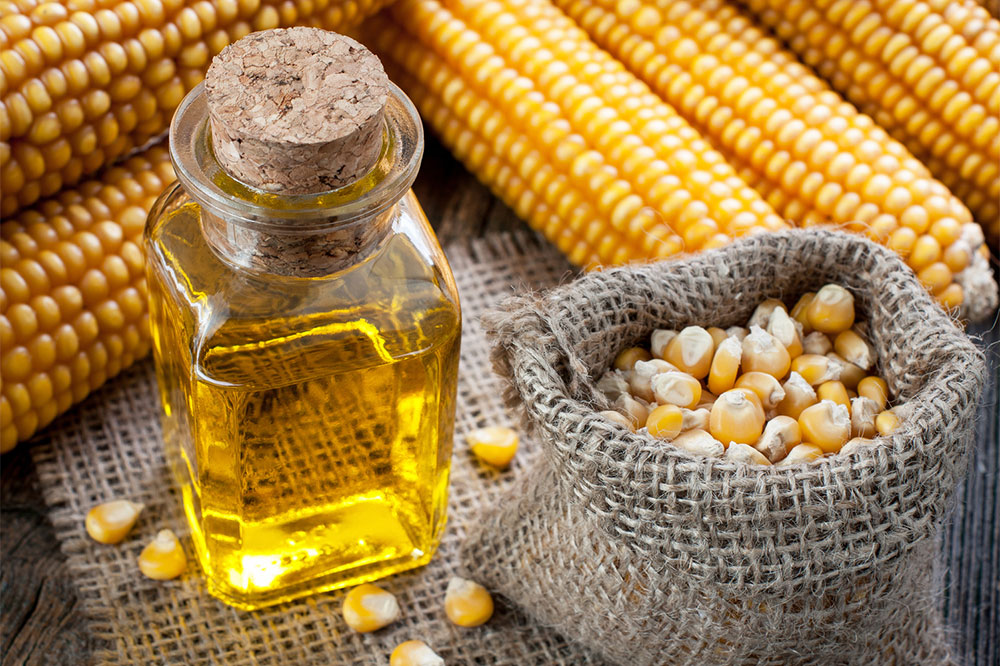6 Foods to Eat to Manage Psoriatic Arthritis

Psoriatic arthritis is a form of arthritis that develops in some people with psoriasis, a chronic skin condition. It occurs when a person’s immune system starts to attack the body’s cells, leading to inflammation in joints and the overproduction of skin cells. It affects close to 1-3 percent of the world’s population. It is non-curable, and few treatment options aim to manage the symptoms. Read along to learn about its symptoms, triggers, and more.
What are the symptoms of psoriatic arthritis?
Many signs and symptoms of psoriatic arthritis are similar to those of rheumatoid arthritis. The manifestations of this disease also may vary from person to person. Some of the common indicators of the condition include:
- Scaly and inflamed skin, especially on the knees, scalp, and elbows.
- Pain, swelling, and stiffness in one or more back, hips, or neck joints.
- Lack of energy or tiredness.
- Tenderness in the soles and heels
- Swelling of a whole toe.
- Dents or pits in the nails.
- Inflammation of the eye and blurry vision accompanied by redness or pain.
What triggers psoriatic arthritis?
The cause of psoriatic arthritis is an immune system disorder, where your immune system acts against your body. Both genetic and environmental factors seem to influence this response.







